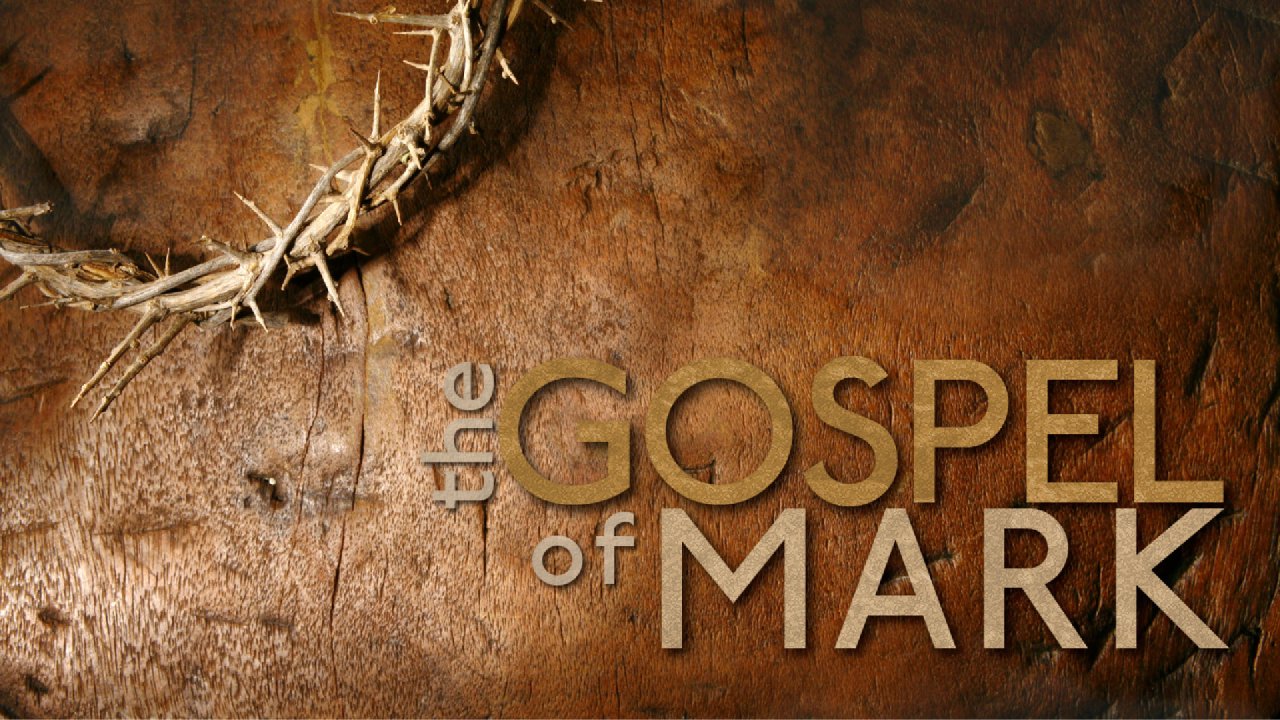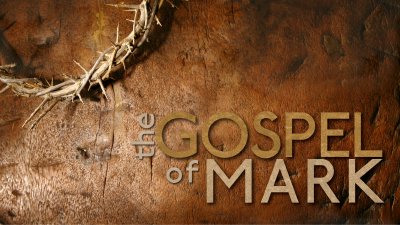In these passages, Jesus teaches us important lessons about the Kingdom of God, which operates much differently than the world. We learn that, in God’s economy, there’s a glorious grand reversal. “The first will be last, and the last first.” Jesus moves the disciples (and us) from being worldly-minded to Kingdom-minded, because as followers of Jesus, we must be Kingdom-minded.
The children in verses 13-16 represent “the least of these.” We can learn a lot from them. They have a trusting spirit and a dependence that set them apart. They’re completely helpless and run into Jesus’ arms with abandon. This is a right posture toward Christ! We receive the kingdom of God this same way; empty-handed and open-armed, like a helpless child, with simple, childlike reliance on him!
Reflection: When have you experienced the love of God in sweet, tender ways (like he is with the children)? When have you experienced his love in more corrective, shaping ways (like e is with the disciples)?
Salvation isn’t something we “do” or “earn” by being good. It’s something we receive by grace. (If our salvation was up to us, NO one would be saved! Left to ourselves, salvation is impossible!) Another way to put it: Salvation isn’t based on what YOU DO, but on what HE’s already DONE (vs. 32-34).
Reflection: When have you, like the young rich man, been tempted to cling to money/possessions/enter any idol here, tighter than you cling to the Lord? Perhaps if we would only focus MORE on what’s being stored for us in heaven, we would loosen our grip on the worldly things that we cling so tightly to.
Wealth/money/possessions aren’t bad or wrong. It’s wrong when we “trust in riches” more than we trust in Jesus. It’s wrong when our wealth/success feeds our pride, when we lose sight that all we earn (financially or otherwise) is because of God’s grace and belongs to him.
The call to “take up our cross” and follow him requires humility, sacrifice, and service. We give up a lot to follow Jesus, but we gain so much more. The blessings far outweigh the losses. Why would we put our trust in anything in this world, when our ONLY hope is found in Christ alone!
Jesus never asks us to do anything that he hasn’t already done. Or give up anything that he hasn’t given up. Paul tells us in 2 Corinthians 8:9: “Though he was rich, for your sake he became poor, so that by his poverty you might become rich.”
Reflection: What have you had to give up in order to follow Christ? And what have you gained in doing so?
The disciples are “amazed” that Jesus “set his face like flint toward Jerusalem” (as Isaiah 50 says), knowing full well the agony he faced there. But we can’t have the CROWN (which they’ve been focused on, eternal life) without the CROSS!!
In God’s economy, greatness is not about how HIGH you climb, or how many people serve you. It’s about how LOW you go in serving others. Jesus is our primary example of this. He came not to make servants, but to be a servant. He came not to gain anything, but to give everything–his very life–as a ransom for many. What a picture of our Lord Jesus: our Suffering Servant.






